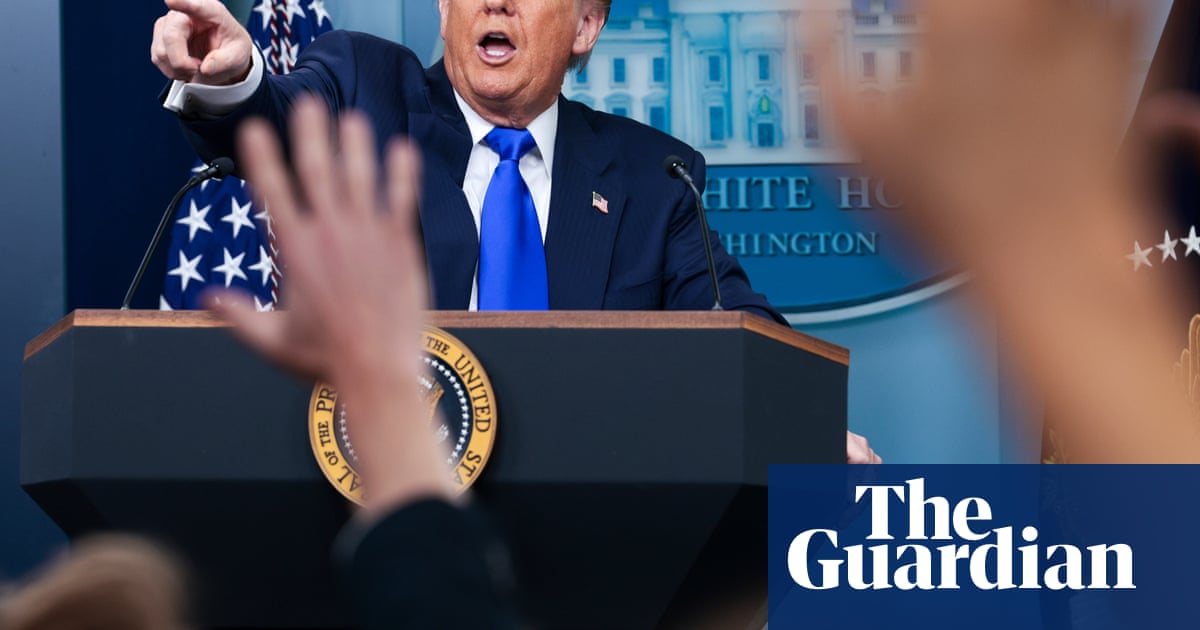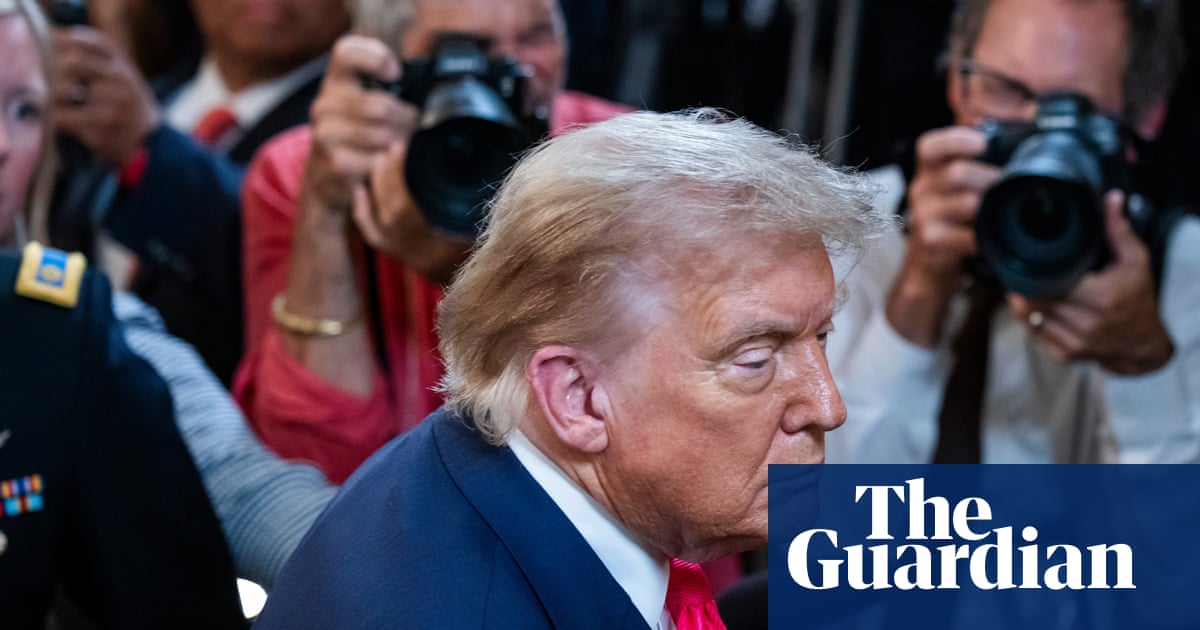WASHINGTON (AP) — Republican efforts to loosen regulations on gun silencers and short-barreled rifles and shotguns have been dealt a big setback with the Senate parliamentarian advising that the proposal would need to clear a 60-vote threshold if included in their big tax and immigration bill.
Gun rights groups had been lobbying aggressively for the measure, which would essentially treat silencers and the short-barreled firearms like long guns. Gun-control groups celebrated the parliamentarian's ruling, saying the items have been regulated for nearly 100 years for good reason — they are a threat to first responders and communities.
The House version of the GOP's bill removed silencers — called “suppressors” by the gun industry — from a 1930s law that regulates firearms considered the most dangerous, and in the process, would have eliminated a $200 tax. The Senate kept the provision on silencers in its version of the bill and expanded upon it, adding short-barreled, or sawed-off, rifles and shotguns.
Under the National Firearms Act, potential buyers of the regulated weapons must also undergo a finger-print based background check. There is no deadline for such checks. The process is arguably more thorough than the name-based background check completed for other firearms purchases.
Lawmakers said the silencers provision was deemed by the Senate parliamentarian to be in violation of the “Byrd Rule,” which stipulates that the budget changes sought in the legislation cannot be “merely incidental” to the policy changes. The special rules are designed to deter provisions unrelated to spending or taxes from being included in the bill.
“It’s no surprise that Republicans will jump at any opportunity to please the gun lobby by rolling back gun safety measures, but that kind of policy does not belong in a reconciliation bill," said Sen. Ron Wyden, D-Ore.
Gun rights groups complained about the $200 tax and how the background check process often takes weeks and even months for silencers and short-barreled weapons.
Larry Keane of the National Shooting Sports Foundation, who supports the legislation, said before the ruling that the proposed changes were aimed at helping target shooters and hunters protect their hearing. He argued that the use of silencers in violent crimes is rare. “All it’s ever intended to do is to reduce the report of the firearm to hearing safe levels,” Keane said.
John Commerford, executive director of the National Rifle Association's Institute for Legislative Action, disagreed with the parliamentarian's ruling, noting that she was originally appointed by then-Senate Majority Leader Harry Reid, a Democrat.
“Nevertheless, we remain committed to working with our allies on Capitol Hill to end the unjust tax burden on these constitutionally-protected arms,” Commerford said.
Groups opposed to the measure included Giffords, the gun violence prevention organization co-founded by former Rep. Gabby Giffords who was grievously wounded in a 2011 mass shooting in her district.
Emma Brown, the group's executive director said “removing safeguards on gun silencers would have made it easier for violent criminals to escape, putting both law enforcement and civilians at greater risk.”
"What’s more, removing safeguards on short barreled firearms would have only enabled more criminals to access these easily concealable weapons, which can be easily brought into large crowds,” Brown said.
The gun language had broad support among Republicans and has received little attention as House Speaker Mike Johnson, R-La., and Senate Majority Leader John Thune, R-S.D., work to settle differences within the party on cuts to Medicaid and energy tax credits, among other issues.
It is just one of hundreds of policy and spending items that were included to entice members to vote for the legislation and will have broad implications in the years to come.

 German (DE)
German (DE)  English (US)
English (US)  Spanish (ES)
Spanish (ES)  French (FR)
French (FR)  Hindi (IN)
Hindi (IN)  Italian (IT)
Italian (IT)  Russian (RU)
Russian (RU) 























Comments